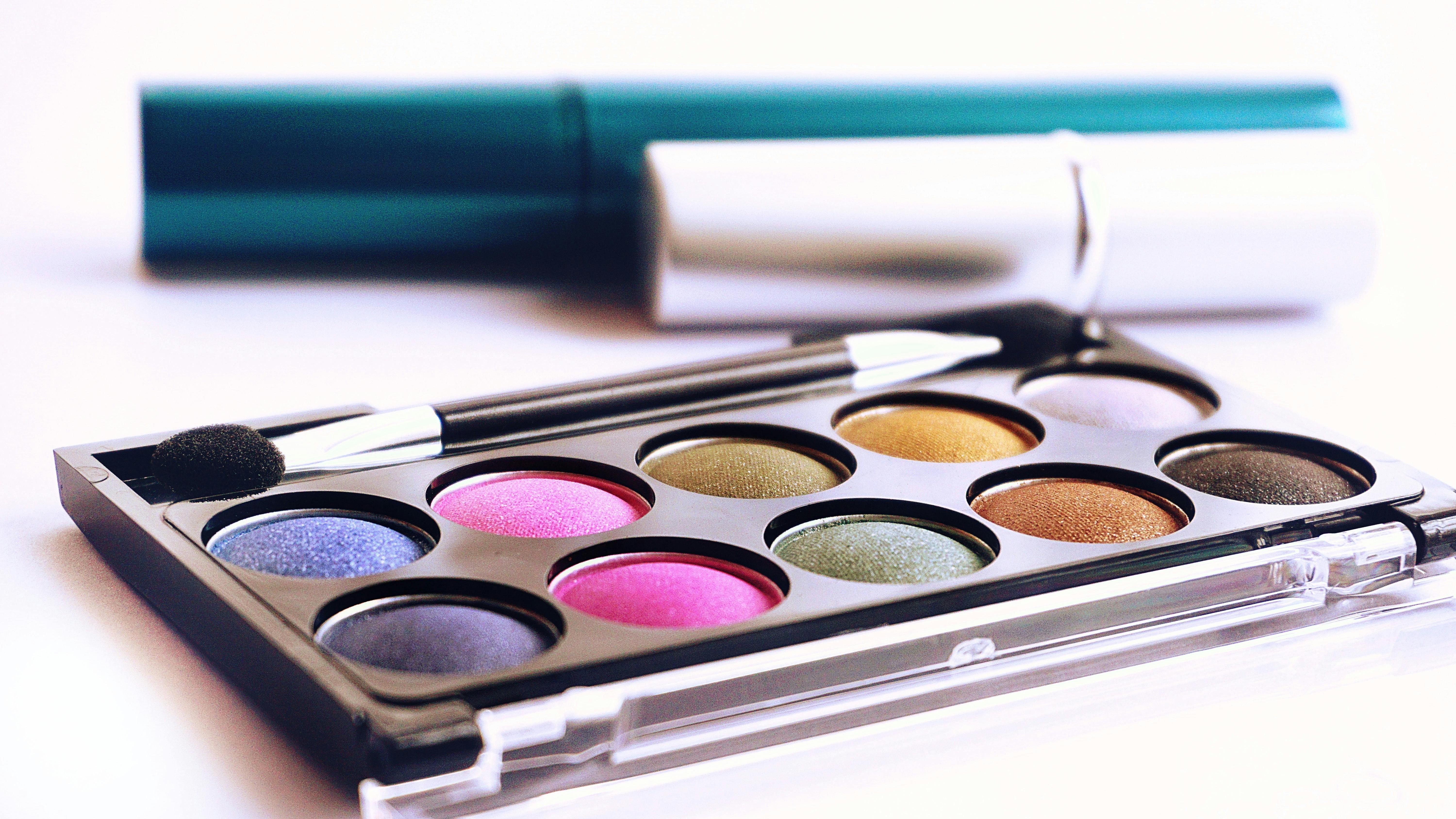
Hay Fever Treatment: How Can Essential Oils Help Treat Hay Fever?
Hay fever is an inflammation of the lining of the nose as a result of an allergic reaction caused by airborne pollen released by plants and flowers during the spring and summer months.
Symptoms, similar to those of the common cold, include sneezing, watery eyes, a runny or blocked nose, headaches, and a general feeling of being unwell. These symptoms can sometimes be more severe, such as tightness in the chest that makes it hard to breathe, known as seasonal asthma.
These symptoms are an allergic reaction of the body to what it perceives as an external invasion. Pollen can trigger such reactions in some people.
Allergies are associated with the level of histamine, a protein the body releases in response to injury or tissue damage. Histamine brings extra blood to the affected area to help with the repair of damaged cells or tissue. Histamine release is a normal defense mechanism.
However, in allergic reactions, the level of histamine produced is excessive.
Allergens do not affect all bodies. Hay fever usually begins in childhood; it can develop suddenly in adulthood. In recent years, it seems that this is becoming more common. These allergens are such that every year, people with hay fever have to increase their dose of conventional medicine or use stronger medications. Conventional treatments only address the symptoms, and most medications have side effects that can be worse than the ailment.
The best way to treat allergies is by using natural remedies. Sometimes these take longer to provide relief, but in the longer term they can even eradicate the allergy altogether. This is because they treat the cause, not the symptom. The cause differs for each individual, as people react differently to specific allergens.
Causes of allergies
The cause of allergies is unknown, but there are several contributing factors. What:
– Food Additives
– Insecticides
– Synthetic chemicals
– High level of stress
– Feeling exhausted
– Diet
Maintaining a healthy lifestyle with plenty of rest, fresh air, and eating whole foods year-round will improve your overall health and boost your immune system.
Avoiding dairy products can certainly help, as these products tend to cause a buildup of mucus. A high intake of vitamin C can help reduce attacks, or eat plenty of fruits and vegetables, especially those that are high in vitamin C, such as citrus fruits and strawberries. Garlic in capsule form is also beneficial. Local honey can act as a preventive in some cases.
The exercises and deep breathing will improve general health and strengthen the immune system to fight allergies and other illnesses. The practice of yoga and other forms of relaxation help to improve the balance of the mind and body, which is necessary to achieve general health and well-being.
The use of essential oils can be very beneficial in the treatment of hay fever. This is because they have anti-inflammatory, antihistamine and anti-allergic properties. Some oils are soothing, useful for soothing the inflamed mucous membrane and affected areas of skin around the nose.
Anti-inflammatory oils are: yarrow, German chamomile and lavender.
Antihistamine oils are: Rose, Chamomile, Lemon, Eucalyptus and Lavender
Balsamic Oils: Rose and Lavender
Rose water, a by-product of rose oil, helps with attacks when sprayed on the face and nose area. It neutralizes the effect of pollen from deep within the lower layer of the skin, preventing it from entering the bloodstream and triggering the body’s response to its perception of an outside invasion.
There are several methods of using essential oils to relieve hay fever symptoms. Using a combination of the above oils in a blend is more effective and will provide more long-term benefits than using individual oils.
Methods of use:
– A regular spray of rose water on the face
– A mixture of rose and lavender in a handkerchief to inhale during the day and on the pillow at night to reduce the frequency of attacks.
– A mixture of lavender, yarrow, and German chamomile in sweet almond oil rubbed on the neck, chest, and upper back can ease the intensity of attacks.
– An aloe vera-based cream with Rose, Chamomile and Lavender to soothe inflamed areas and the mucosa of the nose
– A blend of chamomile, lavender and rose to use as an after bath oil.
Incorporating the use of essential oils in your daily life helps to enhance it since they work both physically and psychologically.